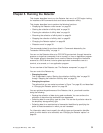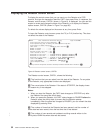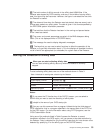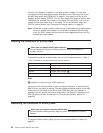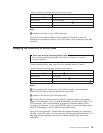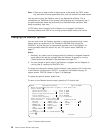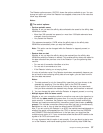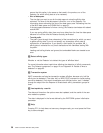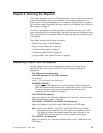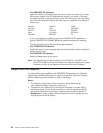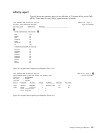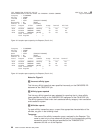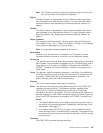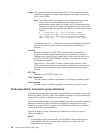
Detector errors
If the CAFF or CAFB transaction, or an exit program, encounters a serious error,
the Detector stops by terminating CAFF and CAFB with one of the following
termination codes:
v A code in the AUxx range accompanied by messages on the CAFF transient data
queue that indicate the cause of the error
v A code not in the AUxx range, presumably being one of the other CICS
transaction abend codes
For a description of the code, see the
CICS Messages and Codes
manual.
If the CAFF transaction stops with code ATCH, ATNI, or AKCT, the Detector
continues to collect affinity data. For all other codes from either the CAFF or CAFB
transaction, the Detector is stopped. The Detector should stop cleanly; so, after
performing the actions suggested by the message explanations, you should be able
to restart the Detector.
If a program check or MVS abnormal termination occurs in an exit program, it
results in an abnormal termination of the transaction that caused the exit to be
invoked. This probably indicates a problem with the Detector. Use the CAFF
transaction to stop the Detector, and contact your IBM Support Center if the
evidence points to the Detector being at fault.
If the termination code is AICA, this may be caused by the Detector scanning the
table of affinity data when the amount of affinity data is very large. You can prevent
this by increasing the value of the ICVR system initialization parameter.
Chapter 5. Running the Detector 39



